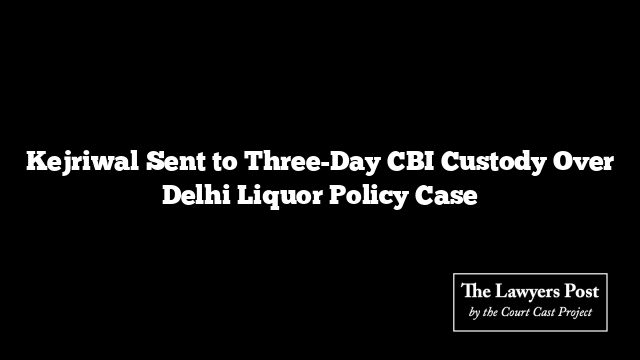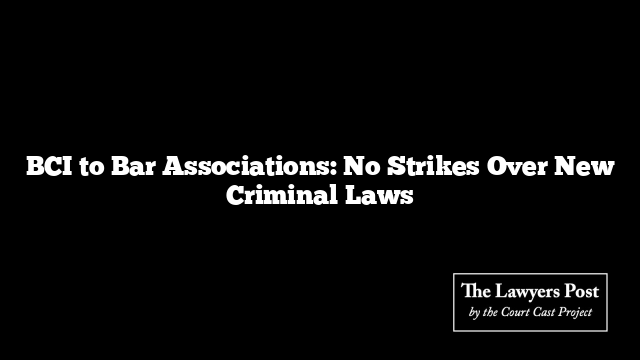In a dramatic turn of events, Delhi’s Rouse Avenue Court has ordered Delhi Chief Minister Arvind Kejriwal into three days of CBI custody concerning the controversial Delhi Excise Liquor Policy case. This decision comes after a lengthy session of legal arguments, with the Central Bureau of Investigation (CBI) initially seeking a five-day custody period.
On June 20, 2024, Kejriwal was granted bail in a separate money laundering case by the Rouse Avenue Court. However, the following day, the Enforcement Directorate (ED) opposed this bail before the Delhi High Court, arguing that they were not given a fair opportunity to present their case due to the late-night pronouncement of the order.
Today’s ruling saw Judge Amitabh Rawat allowing the CBI’s plea, marking another chapter in the ongoing legal saga surrounding Kejriwal. The Supreme Court also played a role today, granting permission to withdraw a petition challenging the Delhi High Court’s interim stay on the bail granted in the money laundering case. This decision opens the door for fresh applications to be filed.
The back-and-forth legal battles have been intense. On June 25, 2024, the Delhi High Court stayed Kejriwal’s bail after the ED challenged it, asserting that the trial court had not fully considered the evidence and arguments presented. This stay came in the wake of an earlier Supreme Court decision on May 10, 2024, which had granted Kejriwal interim bail until June 1, 2024, with strict conditions due to the impending 18th Lok Sabha General Elections.
The legal landscape remains fluid, with today’s developments adding further complexity to the high-profile case against one of Delhi’s most prominent political figures.





